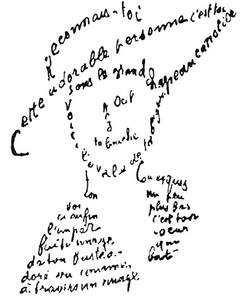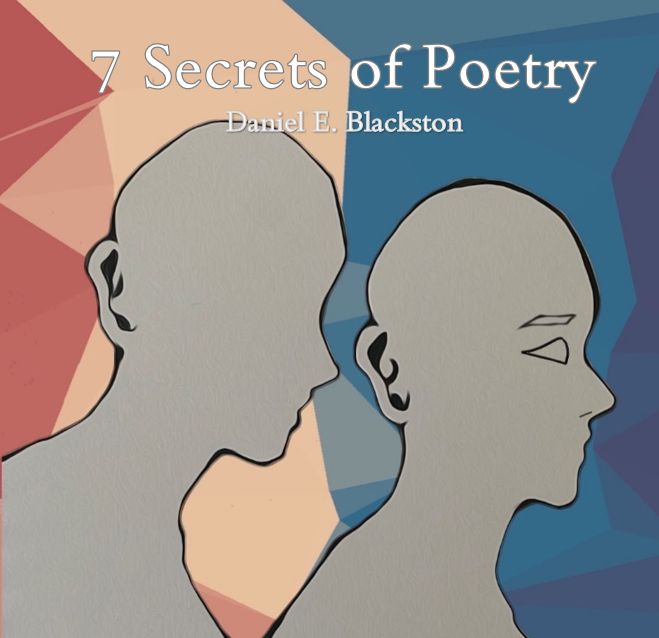|
I have a question for you today: how important do you feel personal identity is to a poem? If you suddenly found out, for example, that a great poem like Frost's "Nothing Gold Can Stay" was secretly written, not by Frost, but by a ten year old girl who immigrated illegally to the United States, would it matter? A casual brush with any contemporary literary journal -- print or online -- will show you quite quickly that identity is the driving force behind most of the poetry currently being published and ostensibly read among the academic crowds. Similarly, if you check Spillwords, Facebook, or virtually any other content-platform where poets drop poems, you'll see a heavy preponderance of identity poetry. Race. Sexual orientation. Political affiliation. Religious affiliation. These are predominant themes in contemporary American poetry, with a very strong emphasis on gender and race. Most submissions guidelines nowadays stipulate that they are specifically seeking poems that focus on identity and diversity. For all intents and purposes, the current cultural trend is most definitely geared toward celebration of identity and even more focused on a culturally-driven form of Confessionalism. In other words, rather than anthems, most culturally identified poets are, in general, writing deeply personal poems. To be clear, I think these are all really good things. I celebrate them right along with everyone else. But I think it does bring up a fascinating point for discussion, which is: how crucial is personal identity to poetry, actually. Right now, in painting, artists like Jacqueline Humphries, Laura Owens, Amy Sillman, and Charline Von He are working to dissolve notions of painterly identity -- a conscious aesthetic built around the notion that by intentionally obscuring brushstroke identity, modern painters have, in effect, developed a form of expression that is new and difficult to fully categorize. In fact, the elimination of identity categories may be the only unifying factor in their works. Which is better for art? For poetry? I, of course, have many thoughts and they will be forthcoming in a proper essay on the painters mentioned above so stay tuned... Your thoughts? Love to hear them! Meanwhile, check out my Seven Secrets of Poetry pdf!!! Get your easy-to-follow guide to making your poems stronger, more memorable, and truer to your original vision. Order it now by clicking the button below!! Consider helping me out at Patreon -- and follow me at Twitter @BlackstonDan Categories All
1 Comment
Dave
9/16/2022 08:10:02 am
It of course depends on the poem and the contexts of the poem in question and any grouping of poems. I think that it becomes far less important as a poet ages, though some may use identity as a hook later in their career. As with Ginsberg.
Reply
Leave a Reply. |


